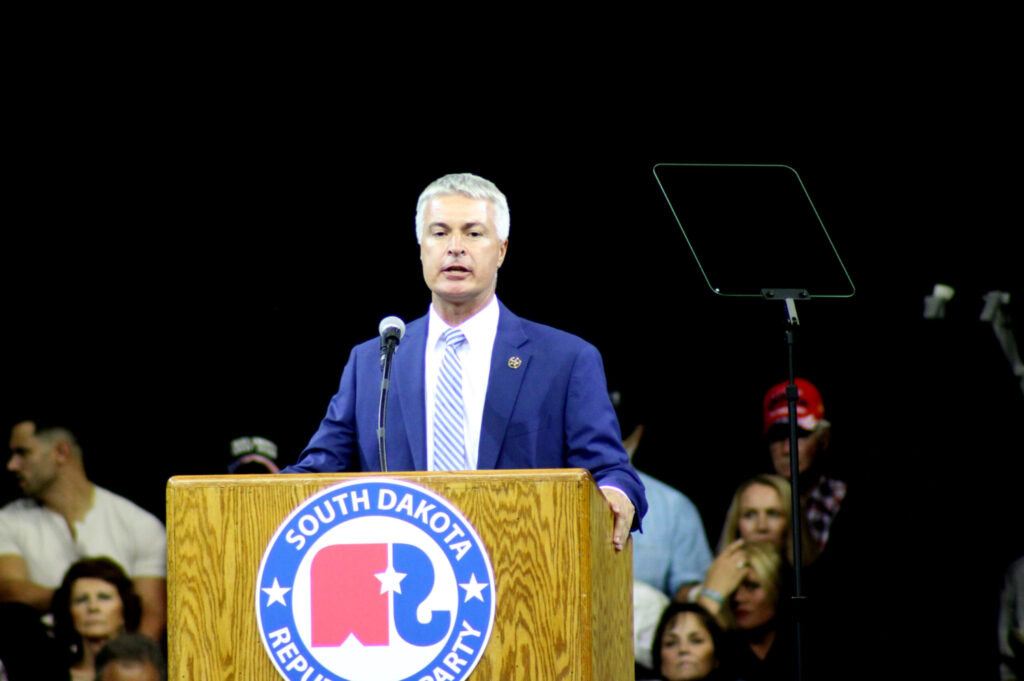
People who make, possess or distribute computer-generated child pornography would be in line for up to 10 years in prison and a spot on the South Dakota Sex Offender Registry under a bill proposed by Attorney General Marty Jackley.
The digital content ban would include imagery or videos built to resemble real children – “deepfakes,” in internet parlance – as well as imagery and videos that don’t target or resemble specific people, as generated through artificial intelligence or other software programs.
Possession of computer-generated child pornography is legal today under state law. When local local investigators discover a tranche of digital child porn, there’s nothing a state’s attorney can do but hand off the investigation materials to federal prosecutors, Jackley said.
That’s happened more often in recent years.
“We’ve had several cases in South Dakota where we’ve had to go to the U.S. Attorney’s Office because we didn’t have a state statute,” the attorney general told South Dakota Searchlight.
In its draft form, the bill would add digital imagery to the state’s existing list of child pornography categories without any downward variation in punishment.
“It has the same addictive qualities, the same effects … it’s of equal harm,” Jackley said.
The bill is one of four outlined in a Monday press release from Jackley’s office. Also on the docket: A bill to classify Xylazine as a controlled substance.
The anesthetic is commonly used on animals, but humans now lace it with fentanyl to create recreational narcotic cocktails. In May, attorneys general from 39 states and territories urged Congress to place the drug on the controlled substance list, but that’s yet to happen.
Jackley’s bill, as written, would make it a class six felony to possess the drug. Those caught with it on their person or in their system would face up to two years in prison.
The drug has appeared in Sioux Falls, Jackley said, but its legality makes it difficult for law enforcement to estimate its prevalence. Because it’s not tested for, he said, “we just don’t know” how widespread it may be.
The attorney general’s package of bills would also:
- Allow deputy state’s attorneys to be a part of the state’s open meetings commission, freeing up busy prosecutors in more populous areas to have a voice on the commission without adding to their personal workload;
- Clarify state law regarding the length of time people who have sex with minors before reaching age 21 need to stay on the sex offender registry before being allowed to petition for their name to be removed, and;
- Hike the cost of court-ordered drug patches to $70 a week for defendants, from $50, to allow counties to conduct costlier tests for fentanyl.
“At $50, counties are not able to do fentanyl testing without losing money,” Jackley said.
The attorney general’s bills typically appear early on during legislative session. The 2024 session will start on Jan. 9 in Pierre.
